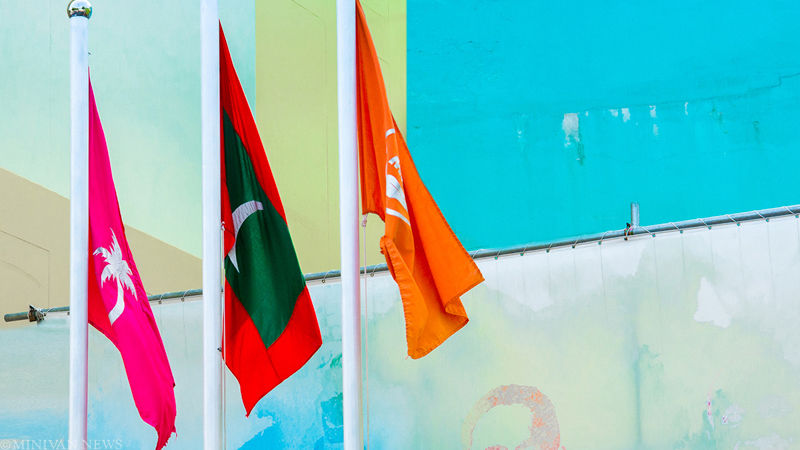Row erupts over allocation of development funds for 2016
Days after President Abdulla Yameen told MPs he would not add new development projects for 2016, discontent over the scarcity of funds erupted into heated arguments between MPs and ministers with a minister calling MPs “idiots.”

19 Nov 2015, 09:00
Discontent among ruling coalition MPs over the scarcity of development funds for their constituencies erupted into heated arguments yesterday, with a minister calling MPs “idiots.” MPs in turn reportedly threatened to initiate a no-confidence motion against Fisheries Minister Dr Mohamed Shainee.
The ruling Progressive Party of the Maldives MP Mohamed Musthafa said in a tweet yesterday: “The issue of Shainee calling MPs idiots has become heated. Shainee must apologize to MPs.”
In the ongoing review of the 2016 state budget, MPs including those of the ruling coalition have complained that development projects set for this year never began, and have now disappeared from the 2016 budget.
The proposed budget stands at a record MVR27.4billion (US$1.7billion), of which an unprecedented MVR9.1billion had been set aside for infrastructure projects, the Public Sector Investment Programme.
Become a member
Get full access to our archive and personalise your experience.
Already a member?
Discussion
No comments yet. Be the first to share your thoughts!
No comments yet. Be the first to join the conversation!
Join the Conversation
Sign in to share your thoughts under an alias and take part in the discussion. Independent journalism thrives on open, respectful debate — your voice matters.




